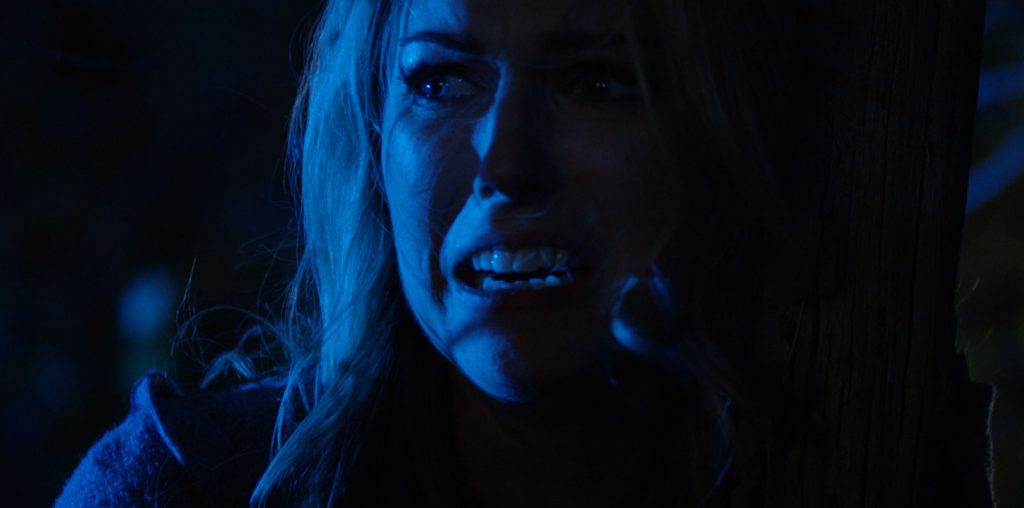
Imagine spending over 20 years in prison for a crime you didn’t commit. “After innocence” documents several people who spent six to 20 years behind bars before new evidence—usually through DNA comparisons but also through confessions—proved their evidence and set them free. Jessica Sanders has observed a collection of lives dramatically altered by a flawed legal system.
The filmmakers cut between the different lives and certain narrative pulls, most notably an appeal attempt in Florida that a state prosecutor tries to thwart despite the main evidence against the imprisoned man being proved false. The other stories don’t have the same linear drive and present tense, but show interesting people in interesting situations. Some of them still have hope, others were overwhelmed with bitterness. Many do activist work to help get people released or reform the prison system, while others go on with their lives and try to get an education. A policeman who found himself convicted learned the flaws of the prison system and its psychological damage. Another man’s record hasn’t been expunged, so he fights for laws to help exonerated people return to normal life.
“After Innocence” is a movie about failure of the legal system and people’s varying ability to overcome the experience of such failure. Sanders inspires joy in life’s redemption and anger towards the ludicrous ways some states treat the exonerated.

